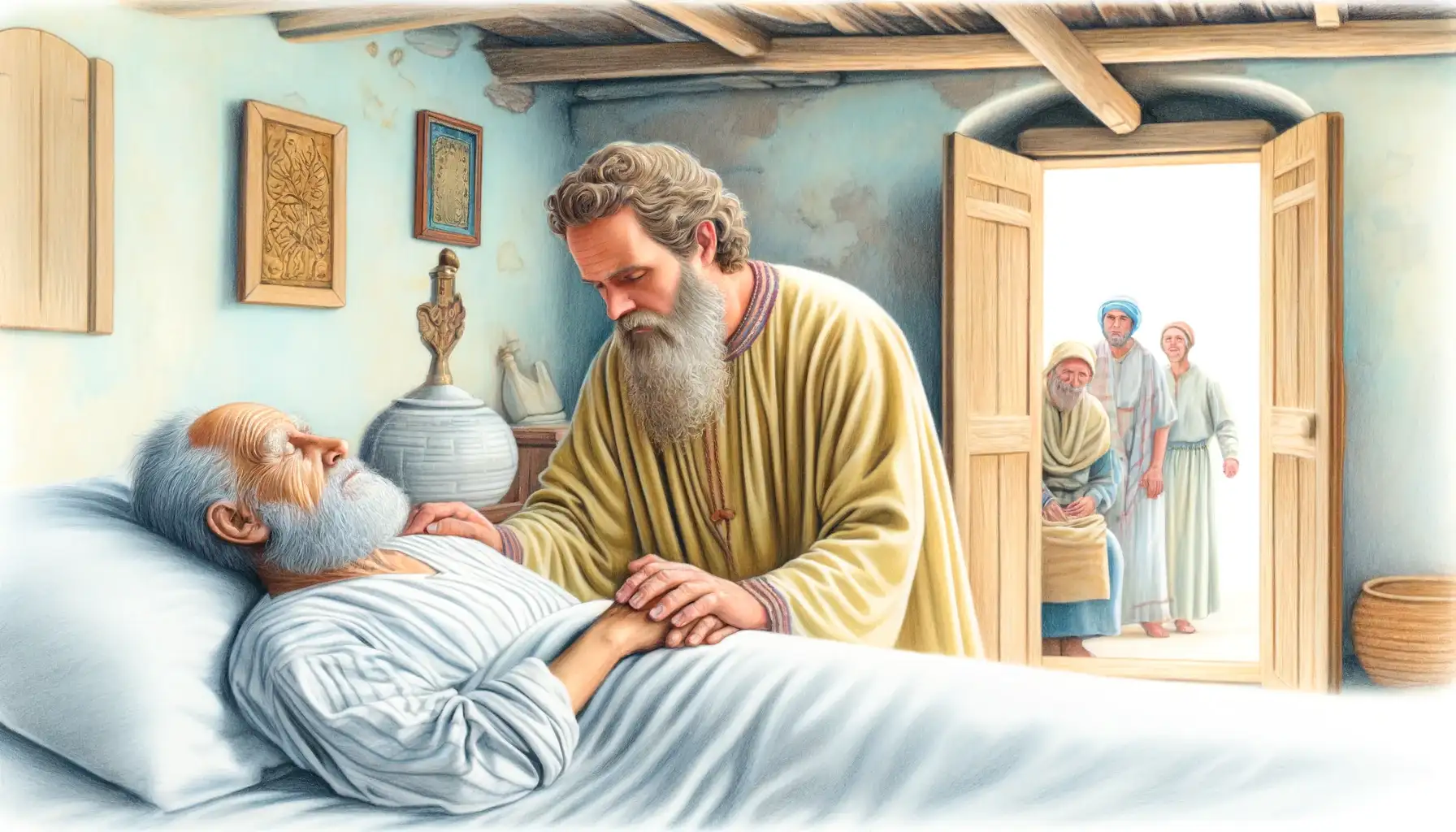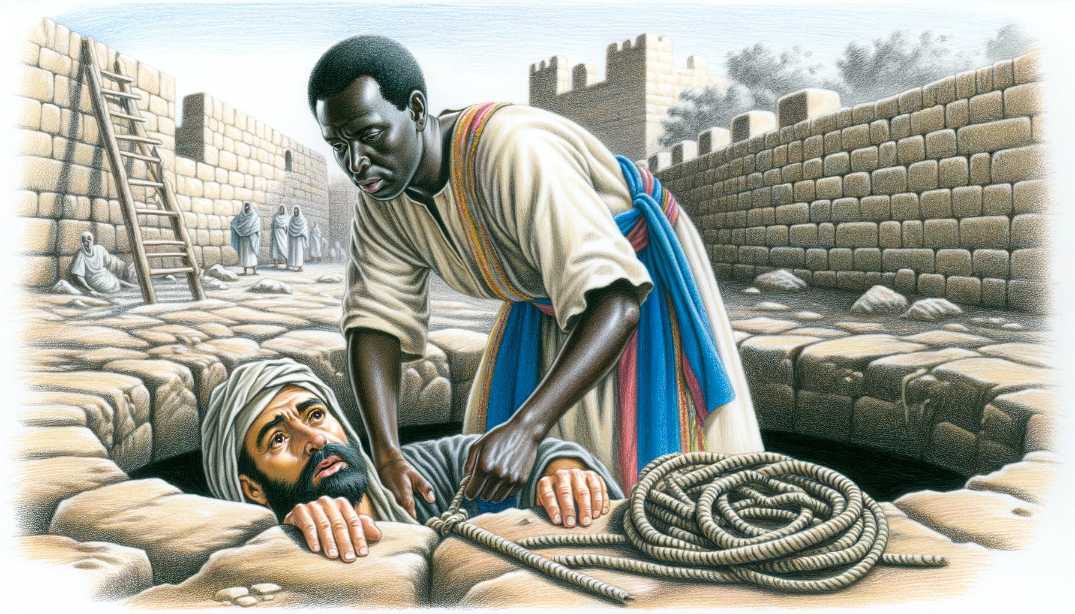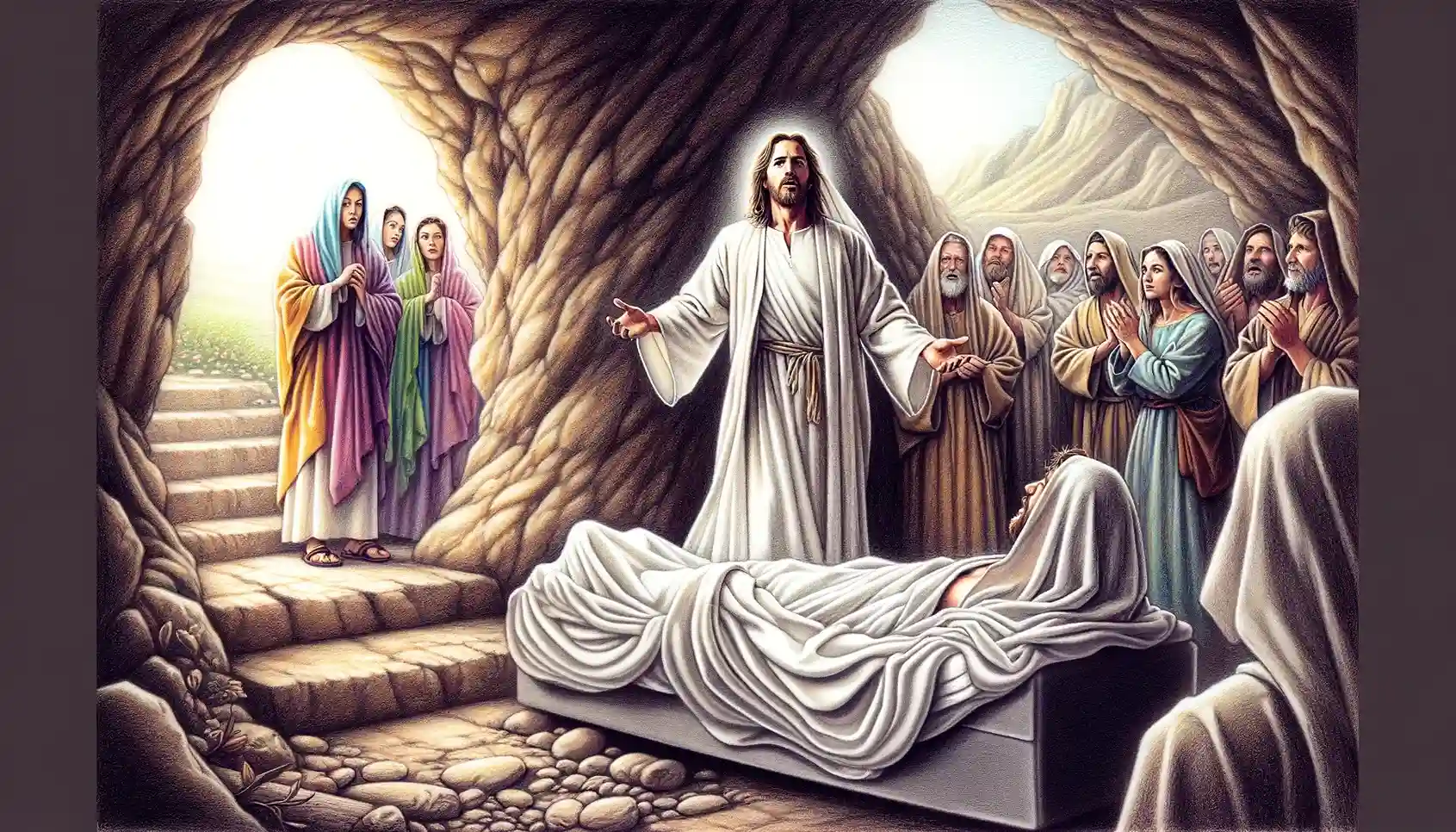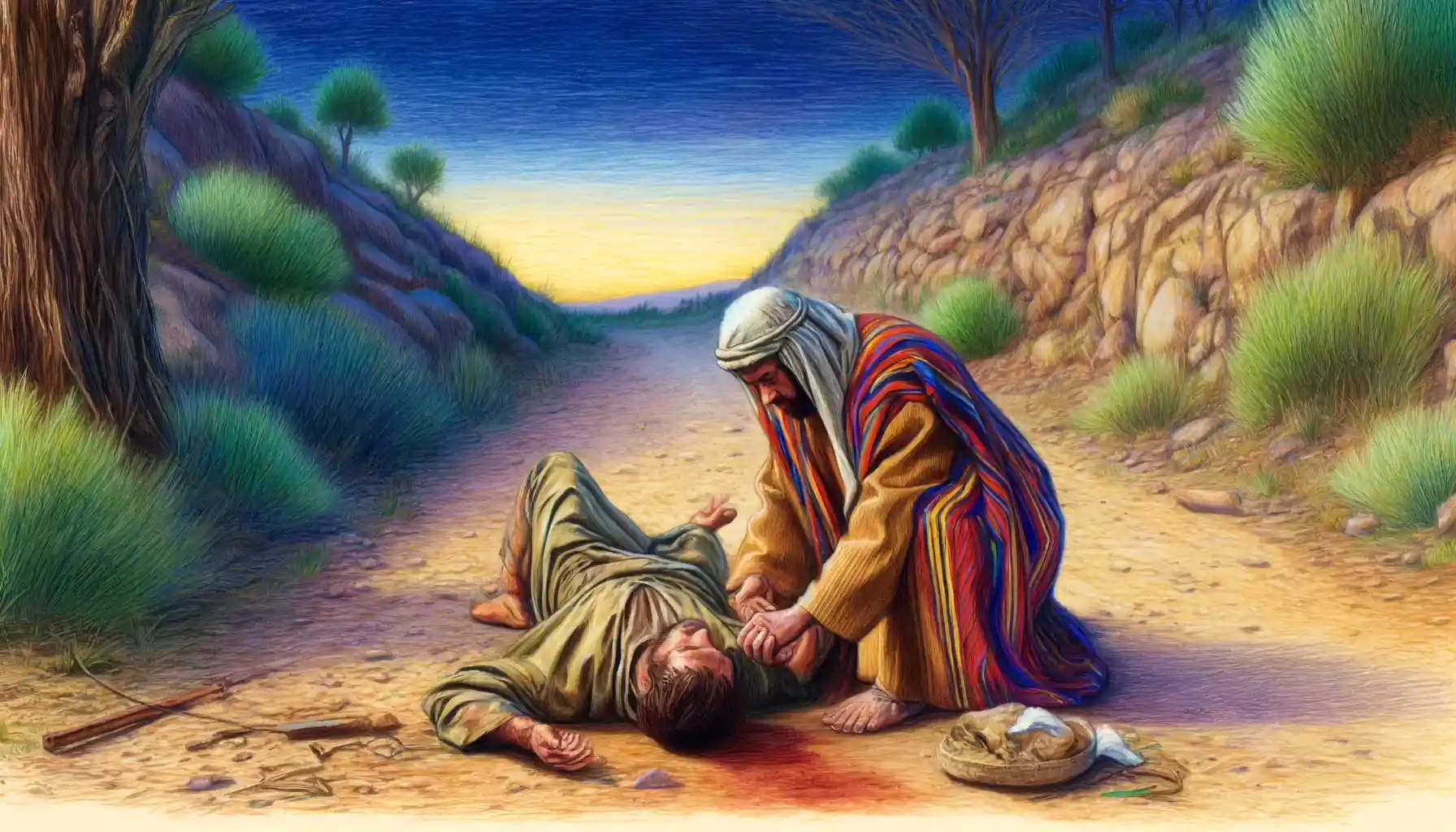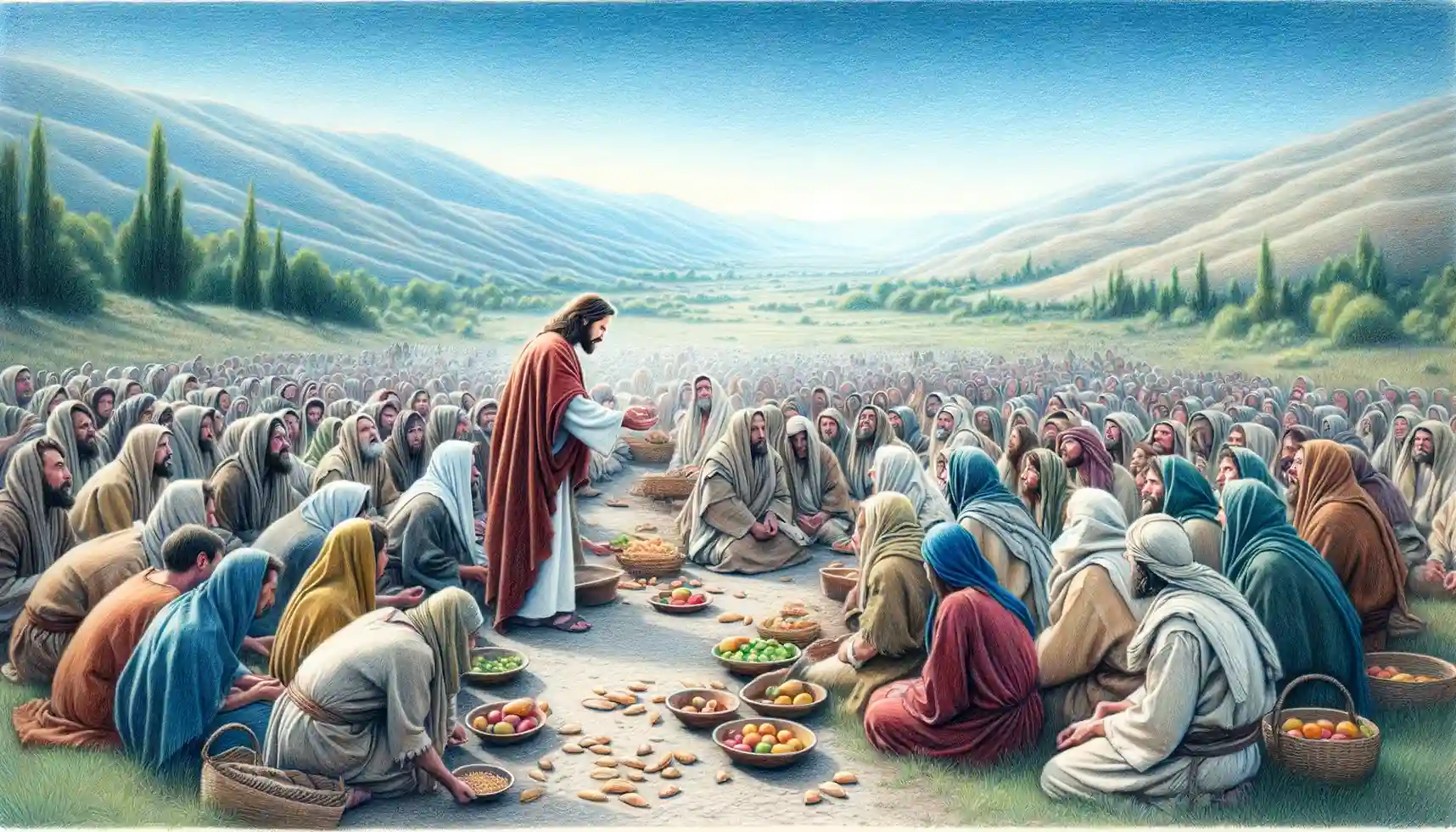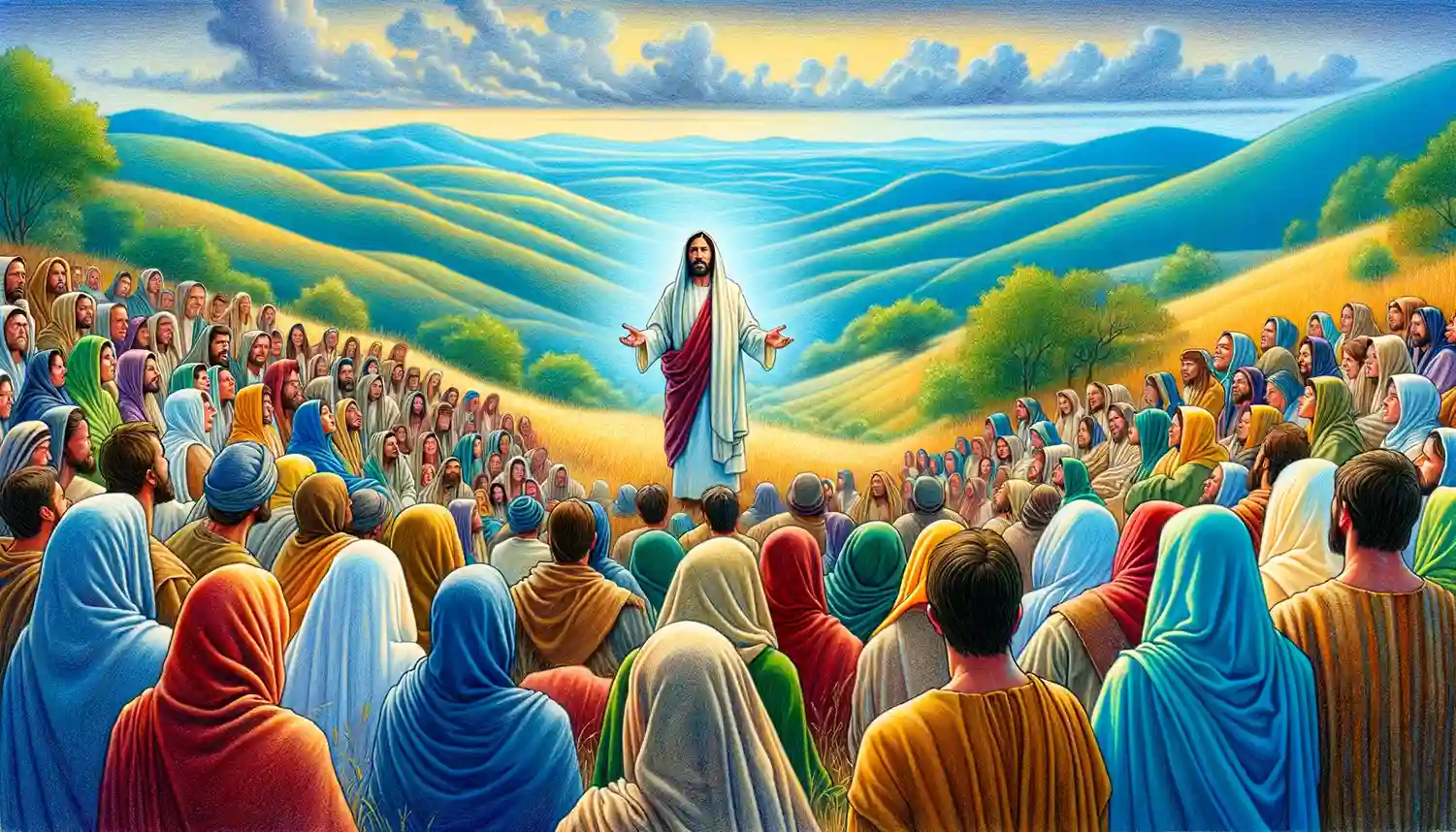The healing of Publius’ father by the Apostle Paul on the island of Malta demonstrated God’s power and mercy, as Paul prayed and laid hands on the sick man, resulting in immediate healing and leading to the recovery of many others on the island, which strengthened the faith of the Maltese people.
Ebed-Melech, an Ethiopian eunuch in King Zedekiah’s service, bravely rescued the prophet Jeremiah from a cistern, demonstrating profound faith, compassion, and courage, which God rewarded with a promise of safety.
Lazarus, a close friend of Jesus who lived in Bethany, was raised from the dead by Jesus after being in the tomb for four days, demonstrating Jesus’ divine power and strengthening the faith of many.
he Parable of the Good Samaritan challenges listeners to extend kindness and mercy beyond conventional boundaries, defining a “neighbor” not by proximity or similarity but by need and the capacity to show compassion.
The Feeding of the 5,000, as described in Matthew 14:15-21, is a monumental miracle performed by Jesus Christ, where He compassionately feeds a massive crowd of over five thousand men, excluding women and children, with just five loaves and two fish. This miracle not only demonstrates Jesus’ supernatural ability to provide but also symbolizes His role as the spiritual sustenance for humanity, reinforcing His identity as the Bread of Life.
The Gospel of Luke is notable for its narrative richness, theological depth, and emphasis on the compassionate and universal nature of Jesus’ ministry.
The Gospel of Matthew is rich in theology and Christology, making it a foundational text for understanding Christian doctrine and the narrative of Jesus’ life as both a fulfillment of and a break from Jewish tradition.

